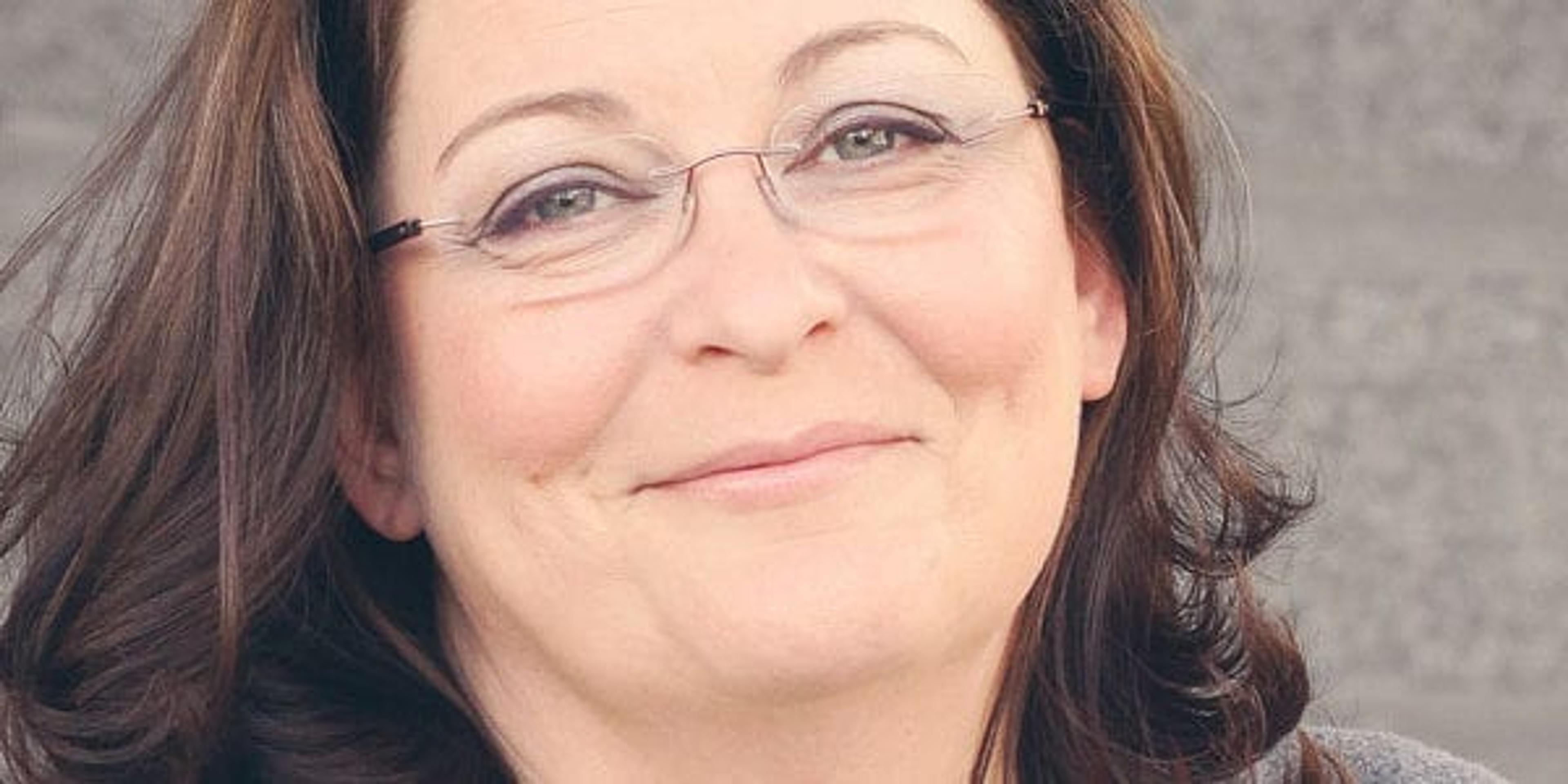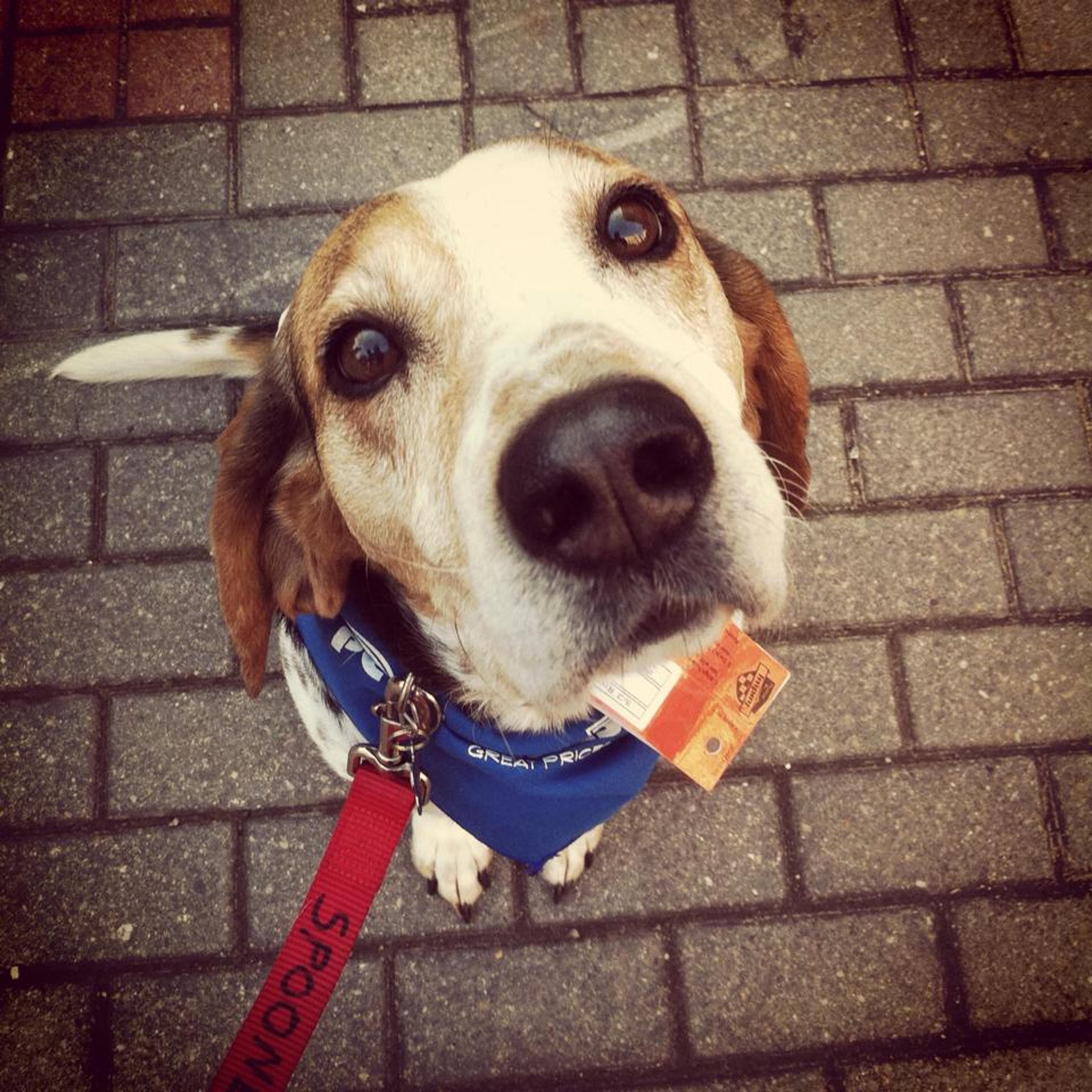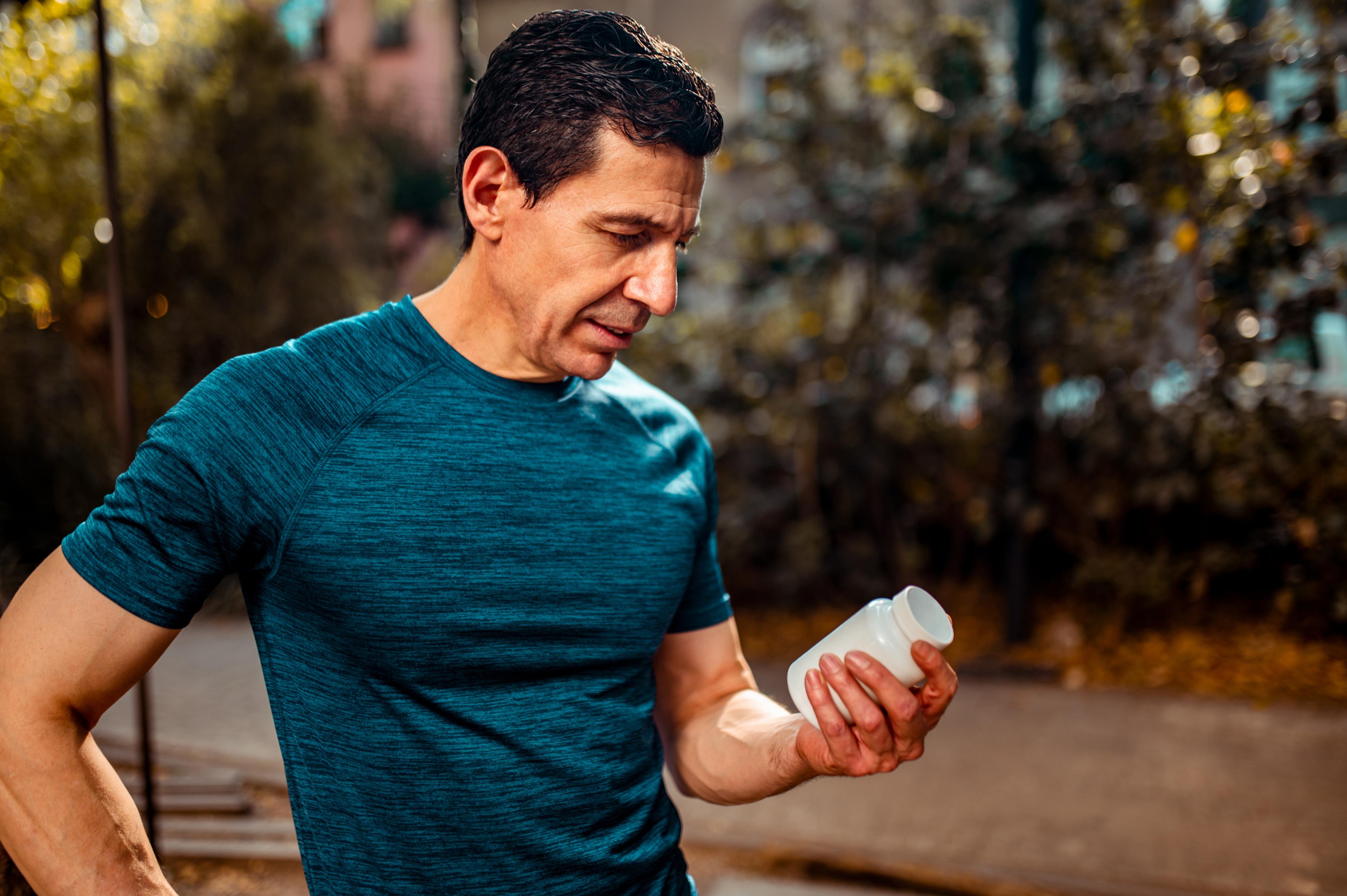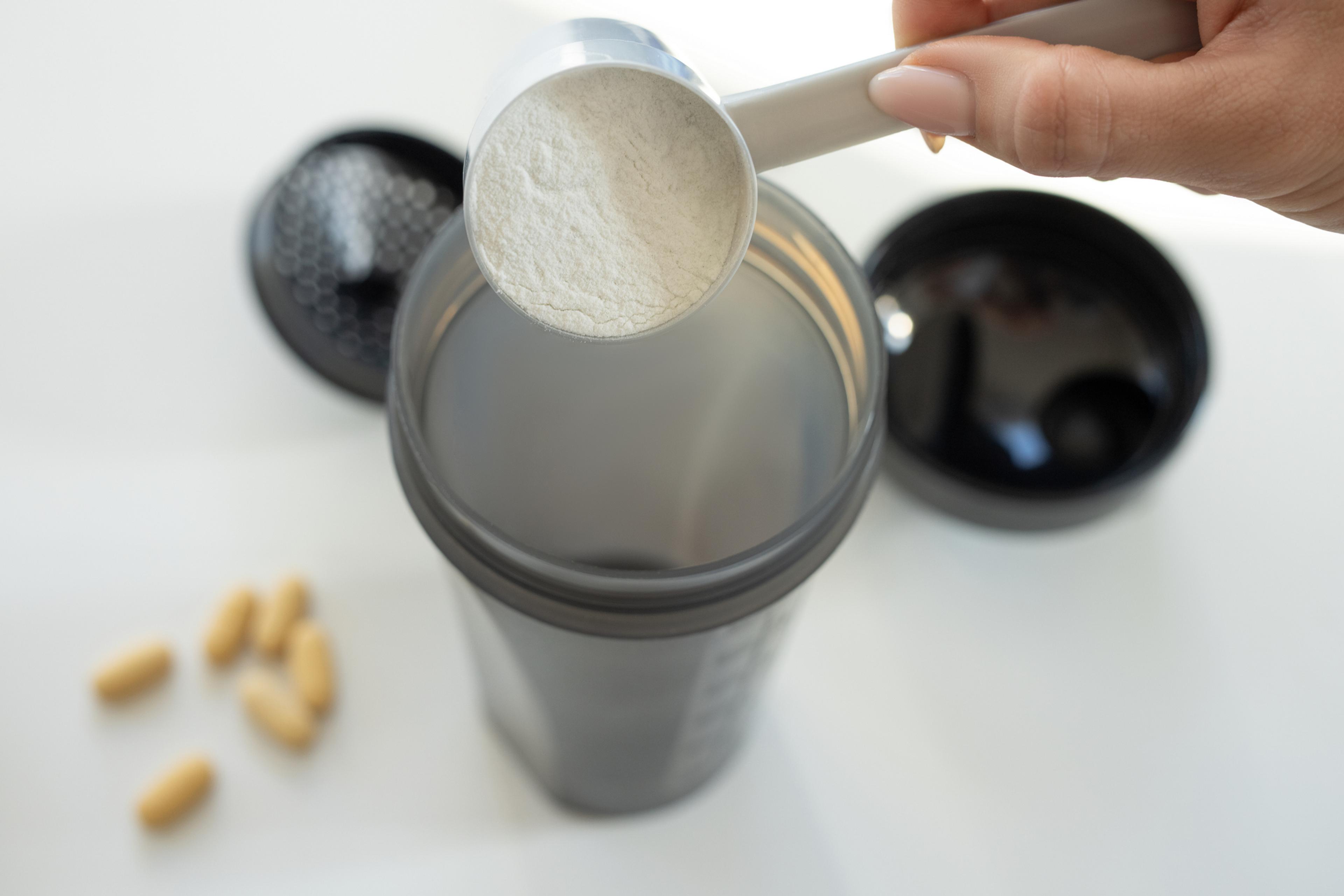Radio Host’s 10,000 Steps Journey Could Save Cousin’s Life

Julie Bitely
| 4 min read

For Kelly Iris, losing weight could literally be life-saving. Only it isn’t necessarily her life that could be saved.
Iris, who is a radio personality on West Michigan’s STAR 105.7, has a cousin with type 1 diabetes. In need of a second kidney transplant after an organ from her sister didn’t quite work out, doctors looked to her extended family. As the youngest maternal cousin, Iris is the best match.
Four years ago, her weight would have immediately disqualified her from donating. After taking control of her health and her weight through the Fifth Third Riverbank Run’s 10,000 Steps program in 2011, she’s considered a viable donor. Blue Care Network of Michigan is a sponsor of the 10,000 Steps program, along with STAR 105.7.
“That first step four years ago meant a world of difference,” Iris said.
She had gained weight like so many of us do, gradually and over time. Iris said she really noticed a difference when she moved back to Michigan from Pennsylvania.
“I forgot how good the food was here and really packed on the pounds,” she said. “I realized I needed to do something.”
The 10,000 steps approach resonated with her because she felt it was something that was realistic and wouldn’t take up all of her time.
“I’m not a gym rat person, so the whole philosophy of doing a little more today than I did yesterday, that really appealed to me,” Iris said.

Kelly gets in extra steps with help from her walking partner, Spooner.
Through the program she’s been able to shed five to ten pounds per year and she’s down a total of 35 pounds from where she was four years ago. Focusing on increasing her activity means she hasn’t had to give up all the foods she loves either.
“I don’t miss any festival where there’s meat on a stick,” she quipped.
Iris wears a Fitbit activity tracker to keep herself accountable. She can look down and see immediately how she’s doing for the day. If she hasn’t moved a lot, she might have a lighter lunch or get in some extra steps on her lunch hour. She often takes the stairs at work to ask co-workers questions in person instead of emailing or calling.
“It’s just convincing yourself that there’s more of this you can do,” Iris said.
On days she moves more and eats well, she notices big energy gains. Her Fitbit, which also tracks her sleep, tends to show higher-quality shut-eye on those days as well.
“When I hit 10,000 steps and I’ve eaten sensibly, there’s a reflection in my sleep pattern,” she said.
Iris has been participating in training walks with other community members working their own 10,000 Steps challenges. The ultimate goal of the program is that people will complete the 5K walk or run on Riverbank race day, May 9. Iris said slow or fast, finishing is a huge feat and an accomplishment she’s proud of from her previous years working with the program.
“When you cross that finish line, your green ribbon isn’t any more green or less green than anyone who came before you or after you,” she said. “It’s the fact that you did it.”
Iris is honest about the day-to-day nature of sticking with it. She doesn’t hit her 10,000 step goal every day and she’s okay with that. She advises people struggling to get started that every day is a new opportunity and feeling bad about where you are today won’t help you get to a healthier tomorrow.
“The heaviest thing you can wear is not the weight you have on you,” Iris said. “It’s beating yourself up for the weight you have on you. Guilt and shame is all invisible weight. The only way to get that to move is just believing that if you do more than you did yesterday, you can start to heal that.”
Learn more about the 10,000 Steps program and get yourself moving today!
If you liked this post, you might also enjoy:
Photo credit: Courtesy photos





